Putin will not be interested in peace until Ukraine is defeated
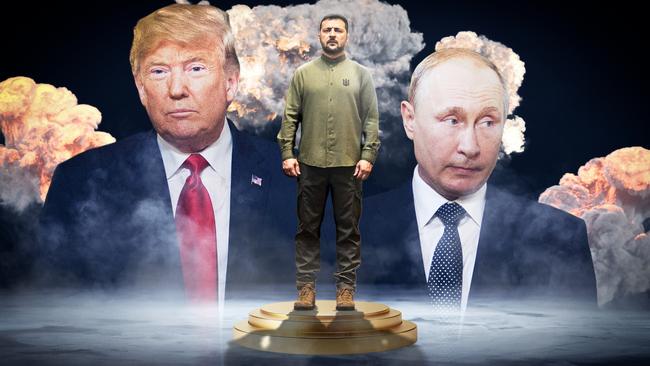
That objective is the total capitulation of the whole of Ukraine, which would result in a genocide of the Ukrainian nation through executions, filtration camps and elimination of the Ukrainian language and culture.
Having failed to subdue Ukraine through a 10-year war whose full-scale chapter has raged for three years, Russia has been severely weakened in battle and through its transformation into a war economy.
It has lost massive amounts of equipment, more than 800,000 dead and wounded, and is suffering 21 per cent interest rates while its vital oil industry slowly is being destroyed by Ukrainian drones.
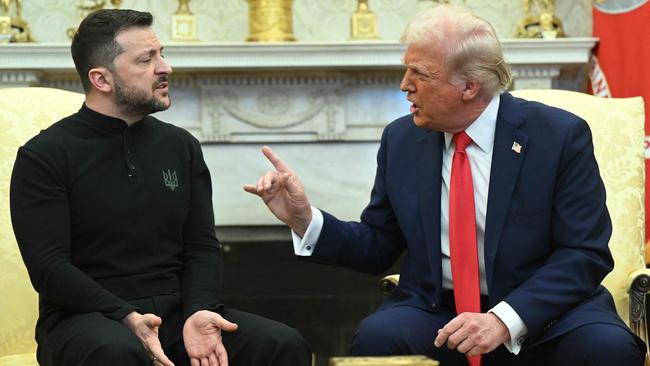
Yet most observers erroneously believe that after all this Vladimir Putin would be content with holding 20 per cent of Ukrainian territory and being assured that Ukraine won’t join NATO.
In 2003 Putin told his Russian elite cadres that it was intolerable for Kyiv to reside outside of Russia, as his false version of history claims that Russian statehood was founded there.
Putin sees Ukraine not as a buffer but integral to Russia, and hence will never sign a ceasefire that allows international peacekeepers or other means that would make Ukraine safe from future Russian invasion.
When the issue of peacekeepers was raised in relation to the Russian-occupied Donbas region in 2015, Putin would accept only a small UN contingent that would not constrain his option to invade Ukraine further.
If Putin allowed a robust peacekeeping force such as the US troops stationed in South Korea, he would go down in history as the Russian leader who “lost Ukraine”.
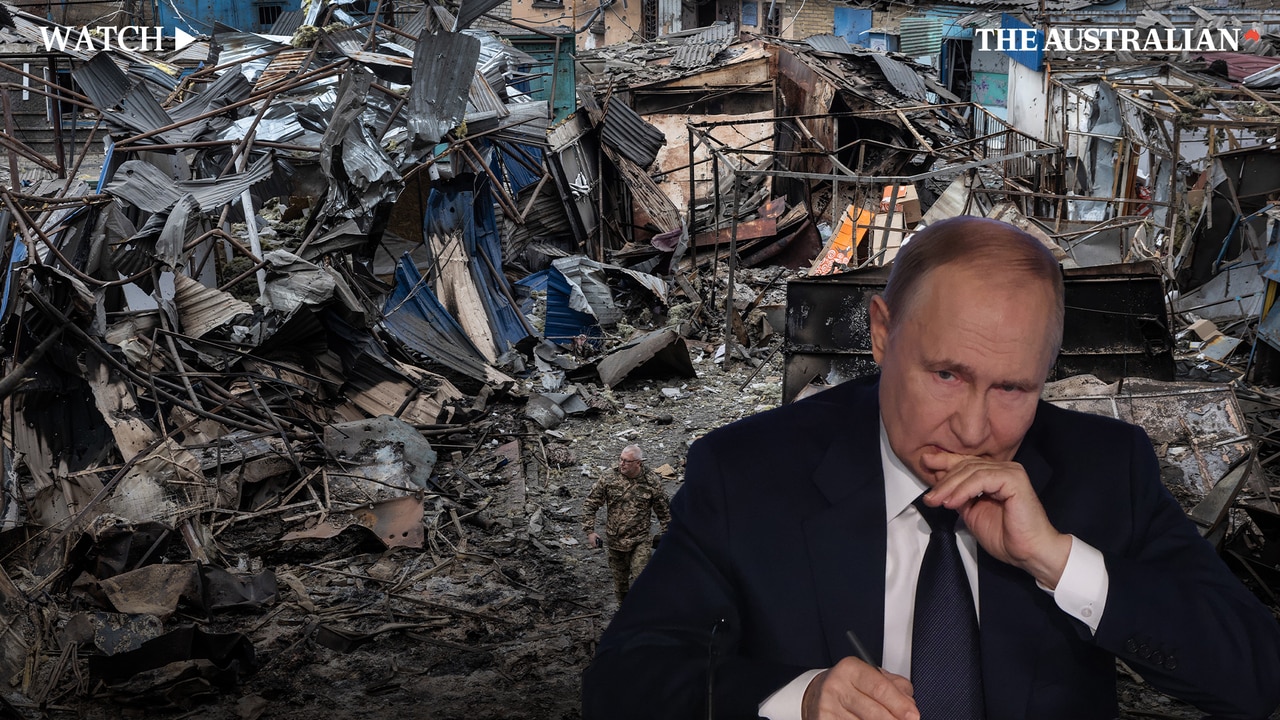
After the giveaways for no return offered by Trump’s inexperienced negotiating team in Saudi Arabia, prominent Ukrainian political commentator Vitaly Portnikov opined that the Trump team saw that Russia would not agree to a ceasefire on terms that would be remotely acceptable to Ukraine and Europe.
Portnikov predicted that Trump would need someone to blame, which was Zelensky, and would lobby to remove him as a hindrance to the peace process.
Both the US and Russia needed someone more compliant, but did they understand that the frontrunner against Zelensky is Valerii Zaluzhnyi, former head of Ukraine’s armed forces, who is no less keen on defeating Russia than Zelensky is?
Portnikov didn’t need to wait long.
In the Oval Office Zelensky noted that Russia had broken 25 ceasefires and could not be trusted, which was reaffirmed by Putin on Thursday when he began raising conditions for a ceasefire that he knew would be unacceptable to Ukraine.
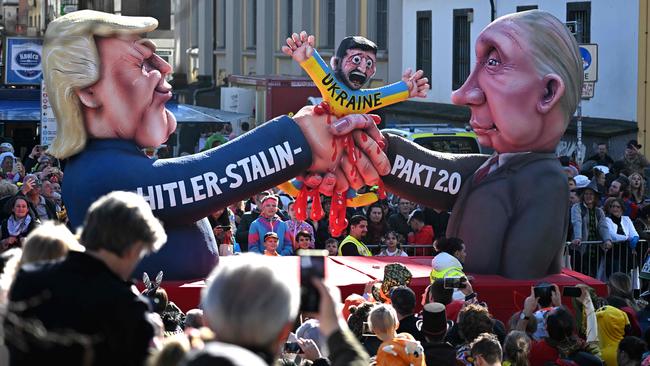
Two days before the Oval Office meeting, Russian Foreign Minister Sergei Lavrov stated categorically that according to Russia’s constitution it could not accept a ceasefire.
I suspect this is because Russia has declared the cities of Kherson and Zaporizhzhia, which are under Ukrainian control, are part of the Russian Federation and therefore are in Russians’ minds “occupied” by Ukraine.
Russia expects to keep fighting until Ukraine is defeated militarily or accepts draconian terms that include demilitarisation and installation of a pro-Moscow puppet government in Kyiv.
Moscow’s narrative, which has been rebutted by the authoritative Institute for the Study of War, is that Ukraine was ready to sign a peace treaty with Russia in Istanbul in early 2022. Commentators repeating this line don’t seem to understand that Moscow’s terms meant Ukraine’s total capitulation.
Zelensky has said for him to sign such a treaty would be treasonous as it would mean not only the end of Ukrainian statehood but also of the Ukrainian nation itself.
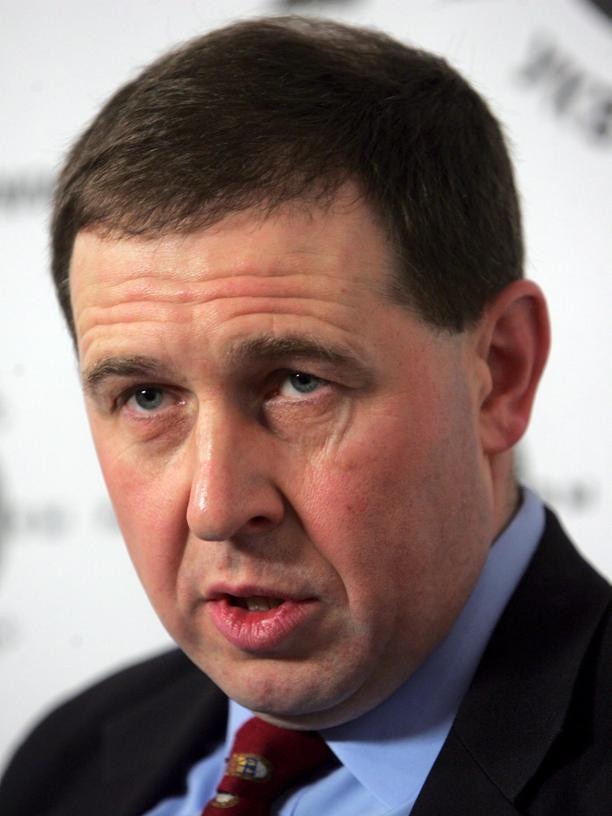
Meanwhile, Andrei Illarionov, who was formerly Putin’s chief economic adviser and was present at the 2003 meeting that declared Kyiv was the target, recently has observed that the only times in the past century and more that Russia has been brought to a negotiation is when it has been defeated militarily: by Japan (1905), Poland (1921) and Chechnya (1997).
In each case Russia rebuilt its forces and eventually reinvaded.
In Illarionov’s view, the only way Russia will enter a negotiation in good faith with Ukraine is if it is defeated militarily.
A pseudo-negotiation that gives Putin what he wants without strong security guarantees for Ukraine would make its economic revival impossible and would lead only to more war later.
Having given up its nuclear stockpile, destroyed its own strategic bomber fleet and given its long-range cruise missiles to Russia for non-existent security guarantees under the Budapest Memorandum of 1994, and given what he knows from Bucha and other massacres about Putin’s genocidal war aims, it is no wonder Zelensky was so strong on this point in the Oval Office meeting.
Given that US levers to influence Ukraine are far stronger than its ability to sway Putin, a watershed is likely to be reached soon, where in response to Putin’s demands Trump will need to decide whether peace can be achieved by further pressuring Ukraine to capitulate through withdrawal of US support, or by pressuring Russia to capitulate through a doubling down of US military support for Ukraine and the imposition of further sanctions on Russia.
Michael Lawriwsky is an author, a former chair of the Ukrainian Studies Foundation at Monash University and a former trustee of the Shrine of Remembrance.


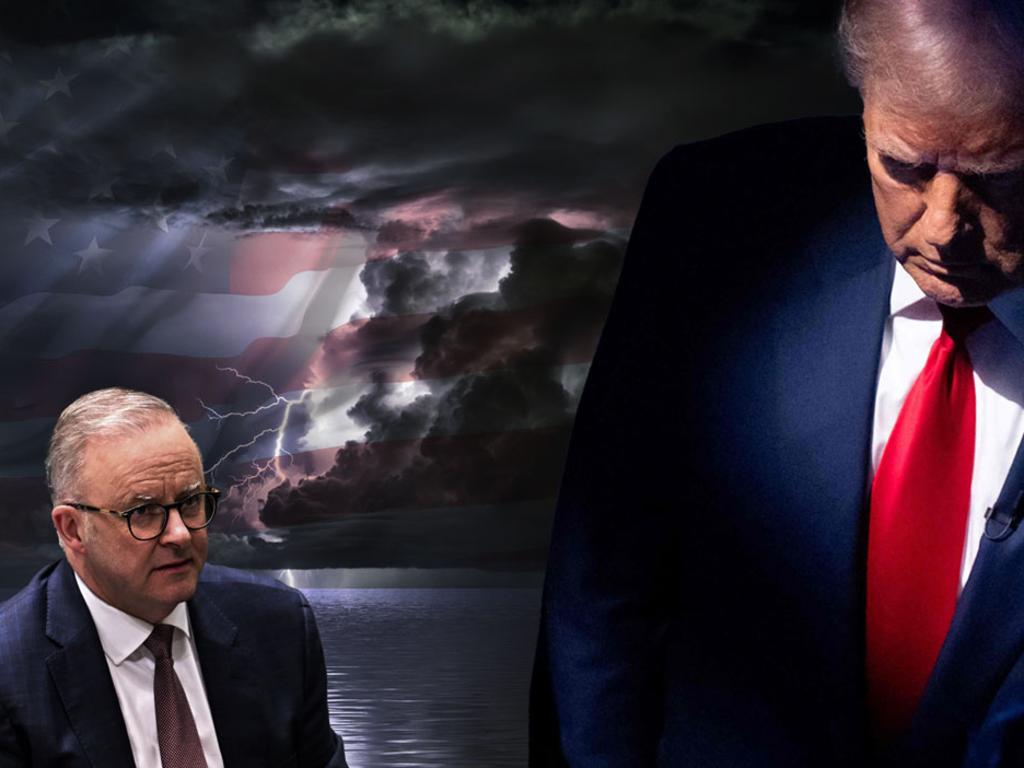

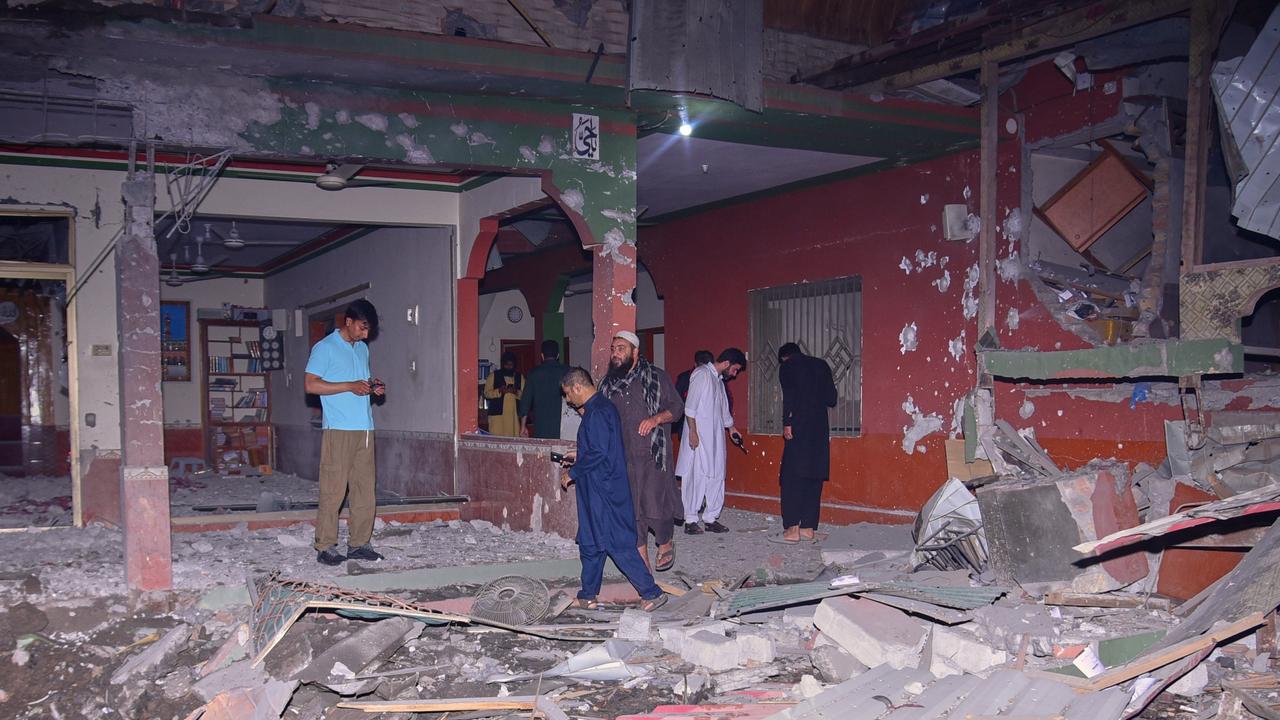
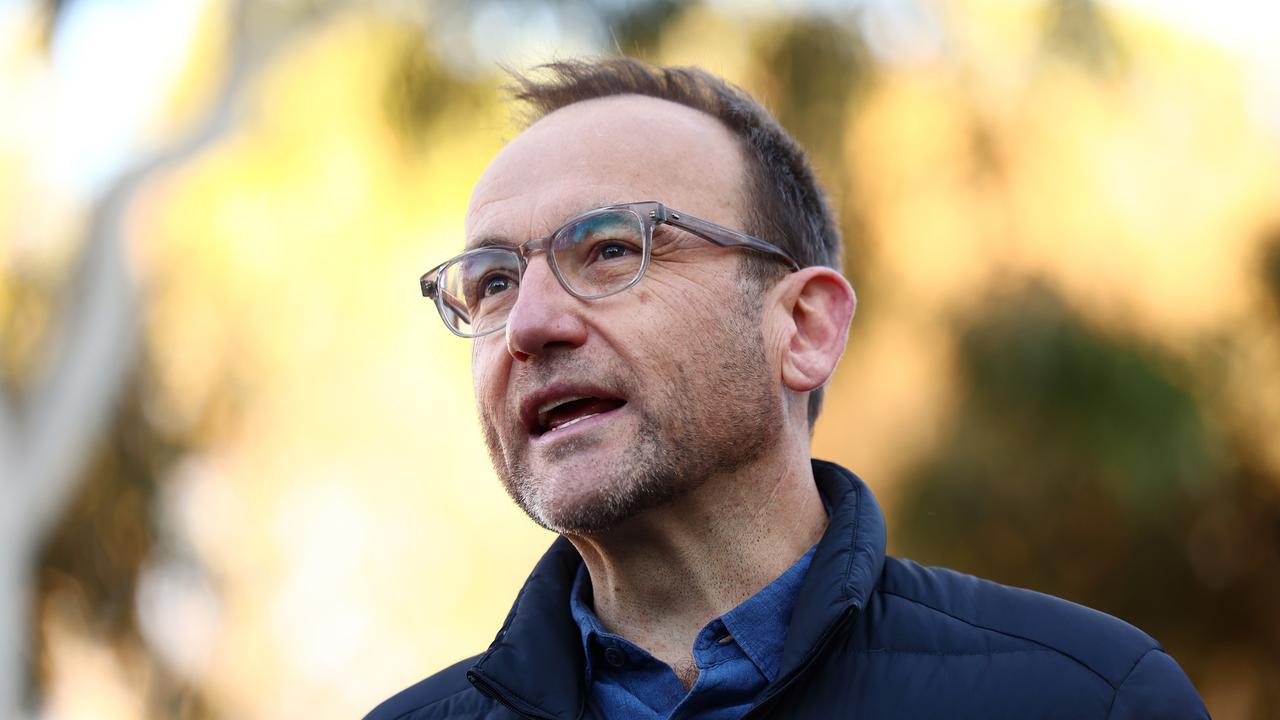
What is not generally understood by parties mulling the implications of the infamous Oval Office meeting between Volodymyr Zelensky, Donald Trump and JD Vance, and the current temporary ceasefire proposal to bring the Russian-Ukrainian war to a conclusion, is that Russia is not interested in peace until its objective is achieved.